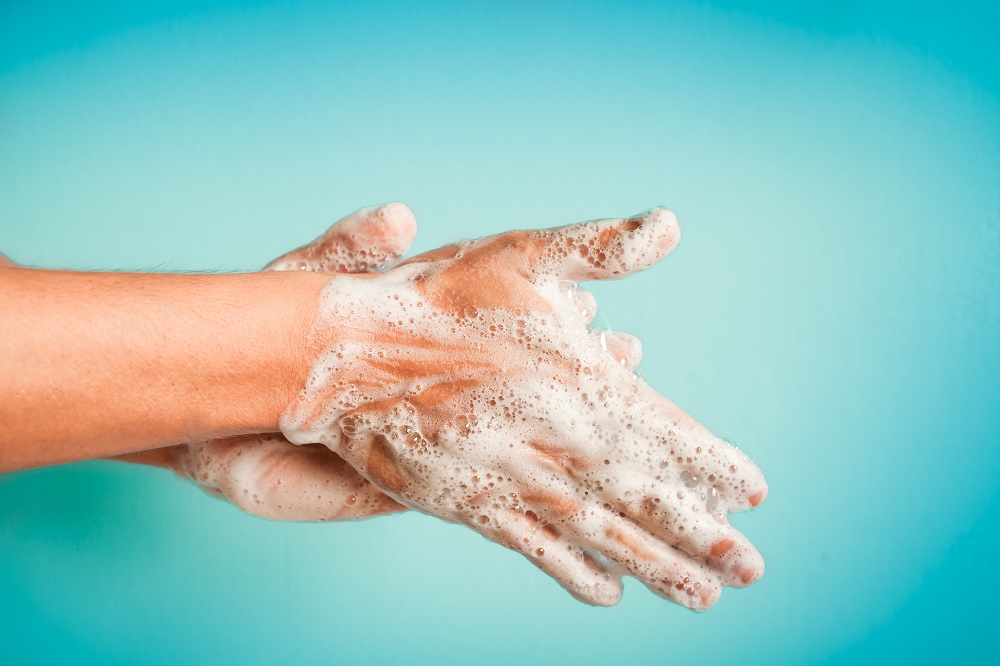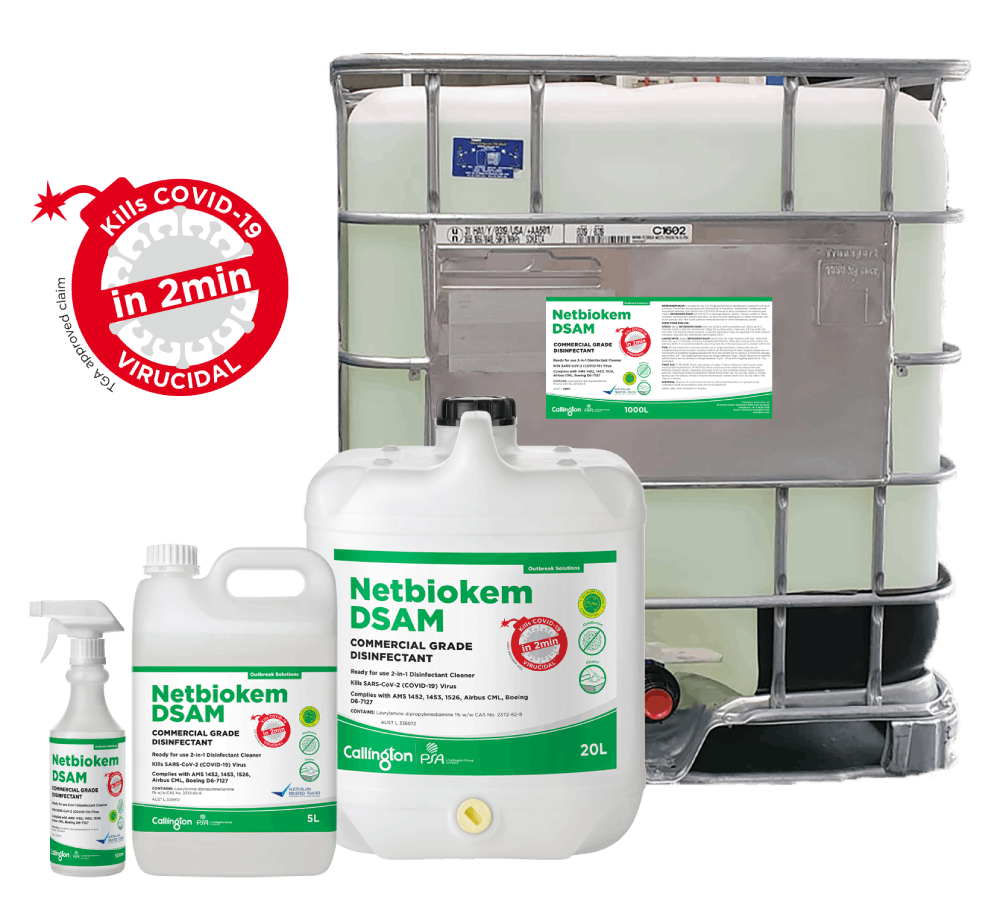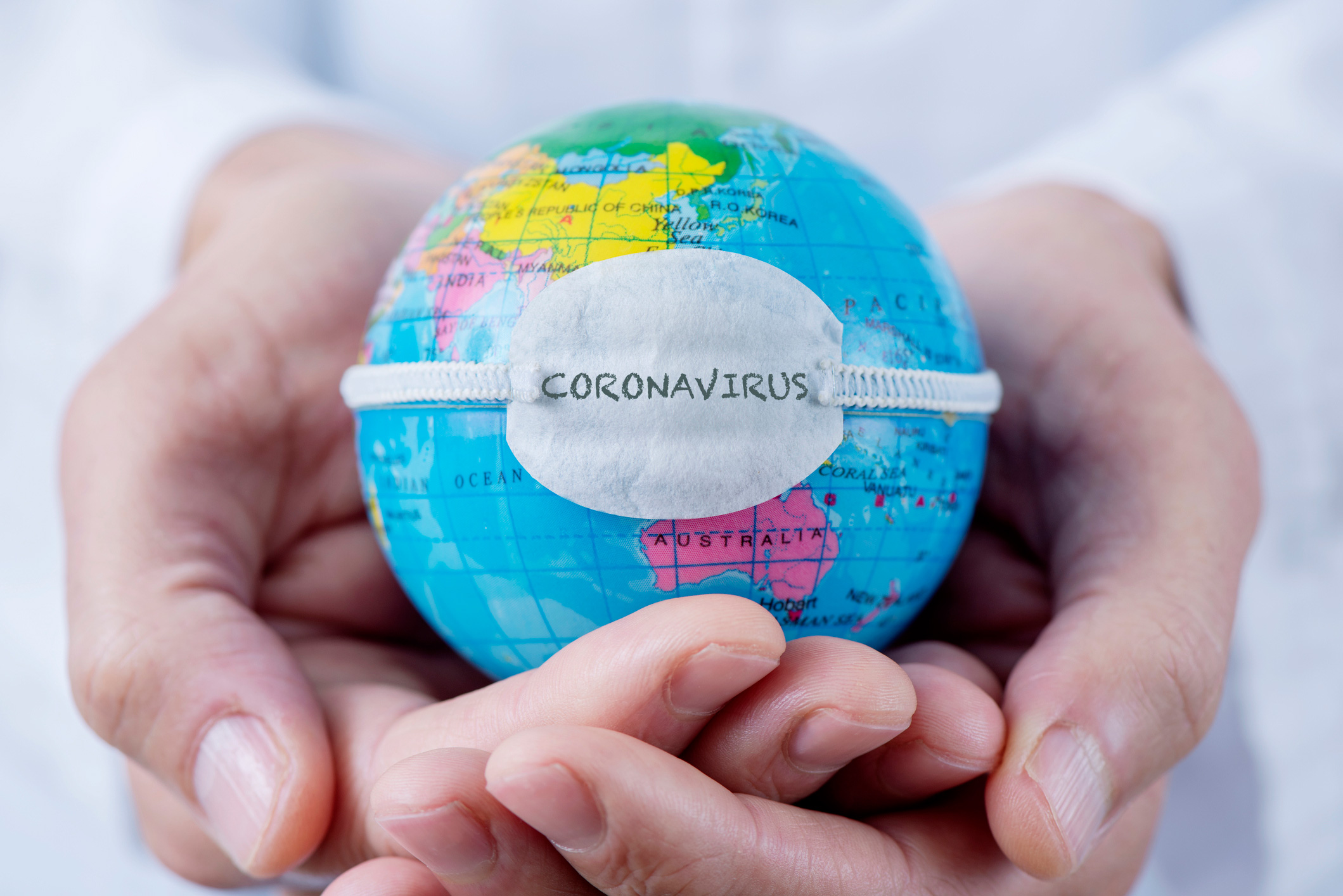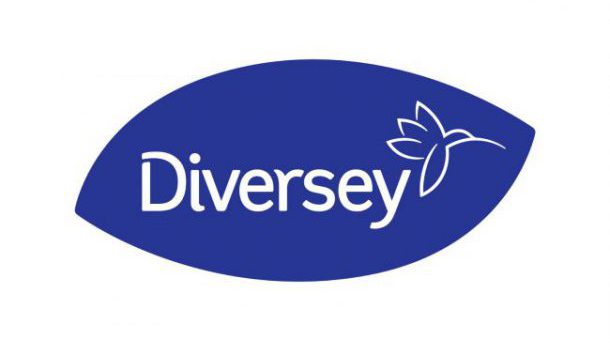
A survey of 1420 Australians conducted at the height of the pandemic shows the majority changed their behaviour to be socially responsible, even when the threat seemed low.
Australians showed a high level of compliance during the peak of the COVID-19 emergency despite only one in five perceiving a high risk to their health, a survey led by UNSW Sydney experts has found.
And the researchers say that if governments and health authorities want support to remain high, the rationale behind the messaging about hygiene and social distancing strategies needs to be clear.
In a paper published today in scientific journal PLOS ONE, the authors surveyed the attitudes and beliefs of 1420 Australians toward the COVID-19 pandemic at the peak of the outbreak between March 18 and 24.
In particular, the researchers were interested in the willingness and capacity of the public to engage with community mitigation strategies.
Lead author Dr Holly Seale, who is a social scientist with UNSW Medicine’s School of Public Health and Community Medicine, said that while 50 per cent of respondents were not too worried about the threat of COVID-19 to their personal health, more than 90 per cent of respondents said they’d actively changed their behaviour to help stop the spread of the virus to others.
“We looked at both the adoption of hygiene related strategy – such as washing your hands, covering your cough or sneeze – as well as strategies we defined as avoidance-related behaviours, like staying away from public areas, staying away from work, avoiding public transport and postponing events,” she says.
“We found – somewhat surprisingly – really good compliance with both the hygiene related behaviours and the avoidance related behaviours at that time point.
“Some factors that influenced whether or not people would adopt those strategies were related to things like whether or not they trusted the government and what was being proposed, whether they felt that those behaviours would have an impact on reducing their risk, and whether or not people thought that they actually had the capacity to adopt those strategies.”
The survey found 38 per cent of respondents increased the time spent disinfecting things they were likely to touch; 77 per cent increased hand-washing frequency and 56 per cent used hand sanitiser more frequently.
Eighty-five per cent performed one or more of three recommended hygiene behaviours, while 94 per cent performed one or more of six avoidance behaviours.
Dr Seale said the survey results suggest Australians may be more strongly motivated by a sense of social responsibility than blind adherence to rules and regulations.
“This survey showed that people thought it was important to be a socially responsible person and that they wanted to conform with what was now being perceived as a social norm – like adopting the 1.5 metre rule.
“It also reveals that people saw themselves playing a role in adopting these new behaviours for the moral good. For example, when asked what would motivate them to comply with a social distancing strategy, participants’ most common response was ‘I believe it is the right thing to do’.”
The researchers said future compliance could be maintained or even further improved if governments were clear about why people needed to follow behavioural recommendations – to take the community beyond ‘doing the right thing’.
“We think we need to prime people about what additional strategies may still need to be introduced.”
Seale said even in the short time since the survey was conducted at the peak of the pandemic, the COVID-19 curve has largely flattened and there is now a move towards relaxing restrictions.
But she sees the survey as more than just a one-off, with value in carrying out follow-up surveys to gauge changes in attitudes and behaviour.
“We need to understand a little bit more about how the social norms influence behaviour, how things like empathy play a role, and what are going to be the the drivers that will influence people’s readiness to adopt a new behaviour,” she says.
“Knowing and understanding these motivations will help us inform a campaign around the potential new vaccine that could come out.
“That’s where we need to really be shifting our work now: looking at how we can channel these high levels of trust and these high levels of adoptive behaviours early on in the pandemic, and ensure that we can replicate that when when it comes to actually delivering a campaign for a vaccine and other COVID-19 strategies.”
Comment below to have your say on this story.
If you have a news story or tip-off, get in touch at info@3.106.117.80.
Sign up to INCLEAN’s newsletter.





